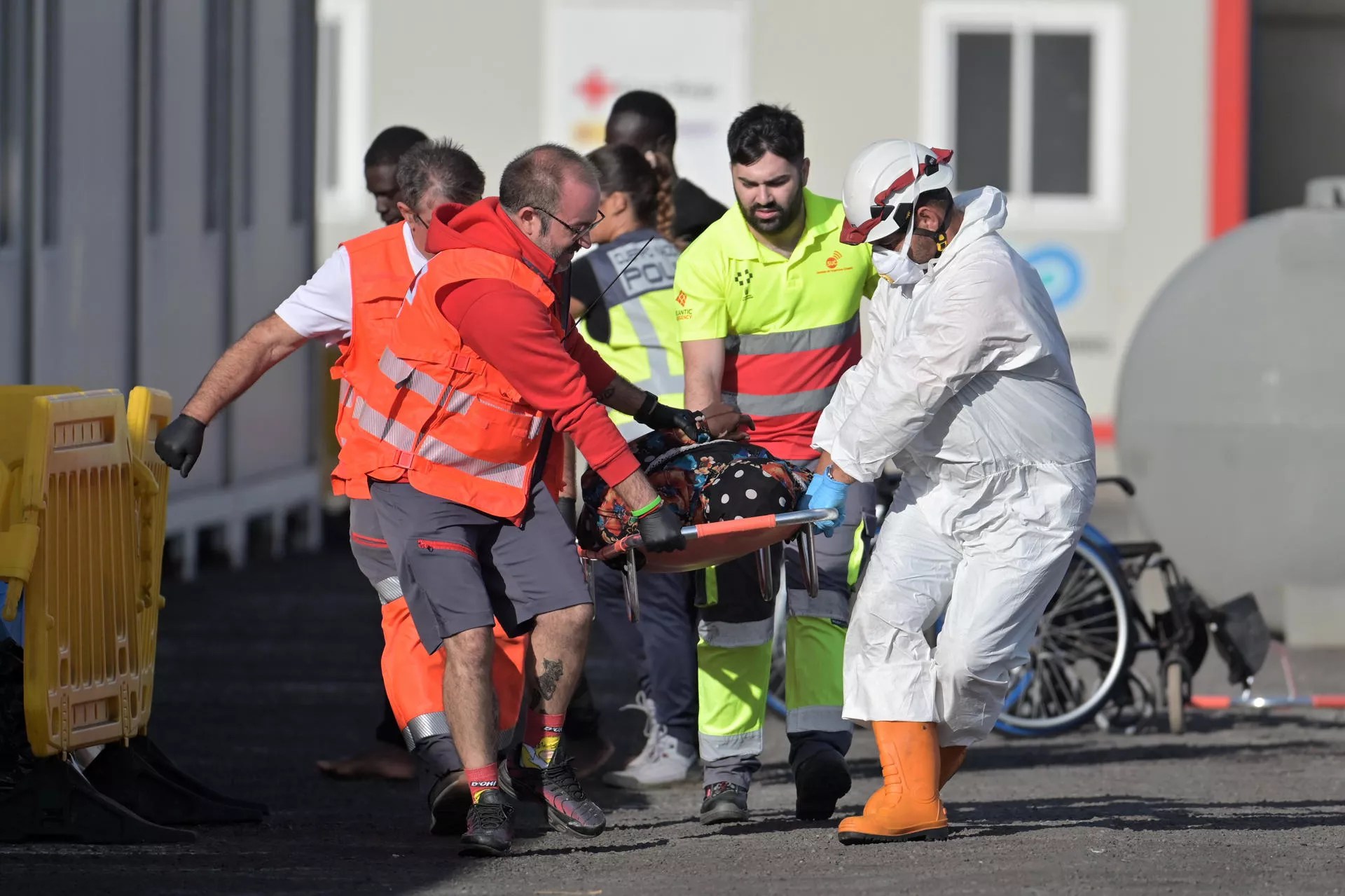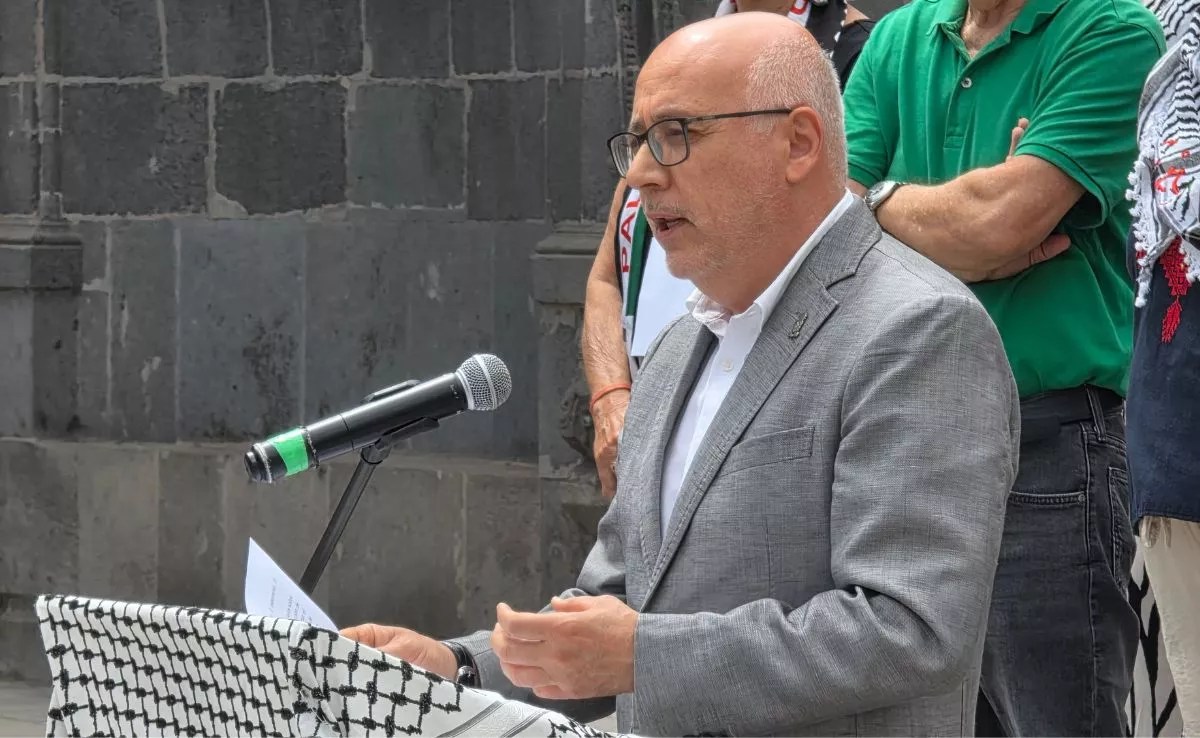
SANTA CRUZ DE TENERIFE, December 29. (EUROPA PRESS) –
The Ministry of Education of the Government of the Canary Islands will open 29 new classrooms in January for students from two to three years old, which will provide 522 places, as announced by its manager, Poli Suárez.
Of the total of these classrooms, 19 (342 places) will come into operation on the 8th, the first school day of 2024, while the remaining 10 (180 places) will do so just one week later, on January 15. Specifically, on the 8th, classrooms are scheduled to open in Lanzarote (1), Fuerteventura (3), Gran Canaria (5) and Tenerife (10).
On the island of Lanzarote, the Playa Blanca Early Childhood and Primary Education Center (CEIP), in Yaiza, will come into operation, and three others will do so in Fuerteventura: those of the Antoñito El Farero CEIP, in La Oliva; Costa Calma, in Pájara, and Puerto Cabras, in Puerto del Rosario.
For its part, Gran Canaria will have from that day on five new classrooms for two to three years in the CEIP José Sánchez y Sánchez (Agaete), Manolo Ortega (Arucas), Alcalde Diego Trujillo Rodríguez (Gáldar), Nicolás Aguiar Jiménez (Santa María of Guide) and Hilda Zudán (Telde).
As for the province of Santa Cruz de Tenerife, the ten new classrooms that will open on the 8th are concentrated in Tenerife, specifically, in the CEIP Los Cristianos (Arona); Punta Larga (Candelaria); Julián Zafra Moreno (Güímar); Emeterio Gutiérrez Albelo-Agua García and Maximiliano Gil Melián (Tacoronte), Clorinda Salazar (San Cristóbal de La Laguna), Los Verodes (Santa Cruz de Tenerife) and Granadilla de Abona, in the town of the same name, as well as in the Compulsory Education (CEO) Bethencourt y Molina and Príncipe Felipe, in Santa Cruz de Tenerife and La Victoria, respectively.
DAY 15
For the following week, starting on January 15, another ten classrooms are scheduled to open in Fuerteventura (1), Gran Canaria (6) and Lanzarote (3). These are those of the CEIP La Lajita, in the Majorero municipality of Pájara, and those of the Gran Canaria CEIP Timplista José Antonio Ramos (Las Palmas de Gran Canaria), Professor Rafael Gómez Santos (San Mateo), Montaña Los Vélez (Agüimes) , Doctor Juan Espino Sánchez (Ingenio), Las Dunas and Camino de La Madera (both in San Bartolomé de Tirajana), as well as those of the CEIP Adolfo Tophan and Nieves Toledo, in Arrecife, and Ajei, in San Bartolomé.
Added to all of them are the two classrooms that came into operation on December 11 in the municipalities of La Aldea de San Nicolás (Gran Canaria) and Tinajo (Lanzarote), in the CEIPs of La Ladera and Guiguan, respectively, with a total of 36 seats.
In short, in the coming weeks, the number of new places open in the 2023/2024 academic year for the first cycle of Early Childhood Education (2-3 years) will rise to 558 in the Canary Islands spread across 31 classrooms.
With the opening of these classrooms, the current Government of the Canary Islands fulfills the “commitment” assumed upon its arrival, when it verified that it was “materially impossible” for the 1,196 places planned in 65 centers for this course by the previous Executive to come into operation in September. , since their works or supplies had not been tendered or awarded with sufficient notice.
Given this situation, the Ministry approved allocating 4 million euros so that, until the opening of its reference centers (which is happening now), boys and girls born in 2021 and enrolled in the first cycle of Early Childhood Education in public centers of the Autonomous Community whose works had not yet been completed could be enrolled in school.
To this end, it closed an agreement with the nursery schools of the Islands, both with the municipal public and with the private ones, to which the affected students were referred on a temporary and extraordinary basis, with the expectation that they would occupy their places progressively, as that the works were being completed.
With this measure, a solution was found for these boys and girls for this academic year. “This is a temporary and extraordinary situation to avoid serious damage to families caused by the previous Government of the Canary Islands,” stated Poli Suárez, who now shows his satisfaction at the fact that these students can finally occupy their regional public squares.
“We continue working to launch all the classrooms for two to three years,” indicated the counselor, who advances that after the opening in January of these 29 classrooms, to which another six will also be added later in El Hierro, Gran Canary Islands and Tenerife, “this strategy is now starting to launch the new 2-3 classrooms for the 2024-2025 academic year, because it was and is a commitment of the Ministry and the Government of the Canary Islands.”
















